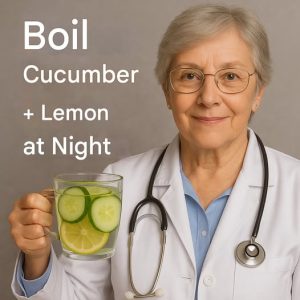
In recent years, microplastics have become a hot topic, especially regarding their presence in bottled water. With increasing concerns about health and the environment, many people wonder if drinking multiple plastic bottles daily is safe. This article looks at why microplastics matter, why bottled water remains popular, and what alternatives you can consider.
Why Bottled Water Is So Popular
Bottled water is everywhere because it’s convenient and often seen as cleaner than tap water. Over the past few decades, aggressive marketing has boosted its popularity by promoting health and safety benefits. However, this surge has also brought attention to its environmental and health downsides.
What Exactly Are Microplastics?

Microplastics are tiny plastic fragments less than 5 mm in size, created when larger plastics break down. They’re everywhere—in oceans, soil, and even the air. In bottled water, microplastics can come from the bottles themselves breaking down over time.
Are Microplastics Dangerous?
Research on microplastics and health is still developing. Some studies suggest they might carry harmful chemicals or bacteria and could cause inflammation or disrupt hormone systems if consumed in large amounts. But scientists agree more research is needed before we fully understand the risks.
Environmental Issues with Plastic Bottles
Plastic bottles create serious environmental problems. Many aren’t recycled properly, ending up in landfills and oceans where they harm wildlife and add to the microplastic pollution. Also, producing and transporting bottled water uses a lot of energy, increasing carbon emissions.
Why Is Bottled Water Still Popular?

Despite concerns, bottled water stays on shelves because people trust it, especially where tap water quality is uncertain. Plus, the bottled water market is highly profitable, so companies keep promoting it heavily.
Better Alternatives to Bottled Water
If you’re worried about microplastics and waste, try reusable bottles filled with filtered tap water. Home filtration systems can improve water quality, offering a safer and greener option. Improving public water infrastructure and awareness can also reduce the need for bottled water.
What Experts Say

Scientists studying microplastics agree they’re widespread and environmentally harmful. But the exact effects on human health remain unclear. More thorough research is needed, and experts emphasize reducing plastic pollution overall.
Conclusion: Choose Wisely
While microplastics in bottled water raise valid concerns, being informed helps you make better choices. Understanding the issues and opting for alternatives can protect both your health and the planet. Education and awareness are essential to tackling microplastic pollution and cutting down on single-use plastics.




